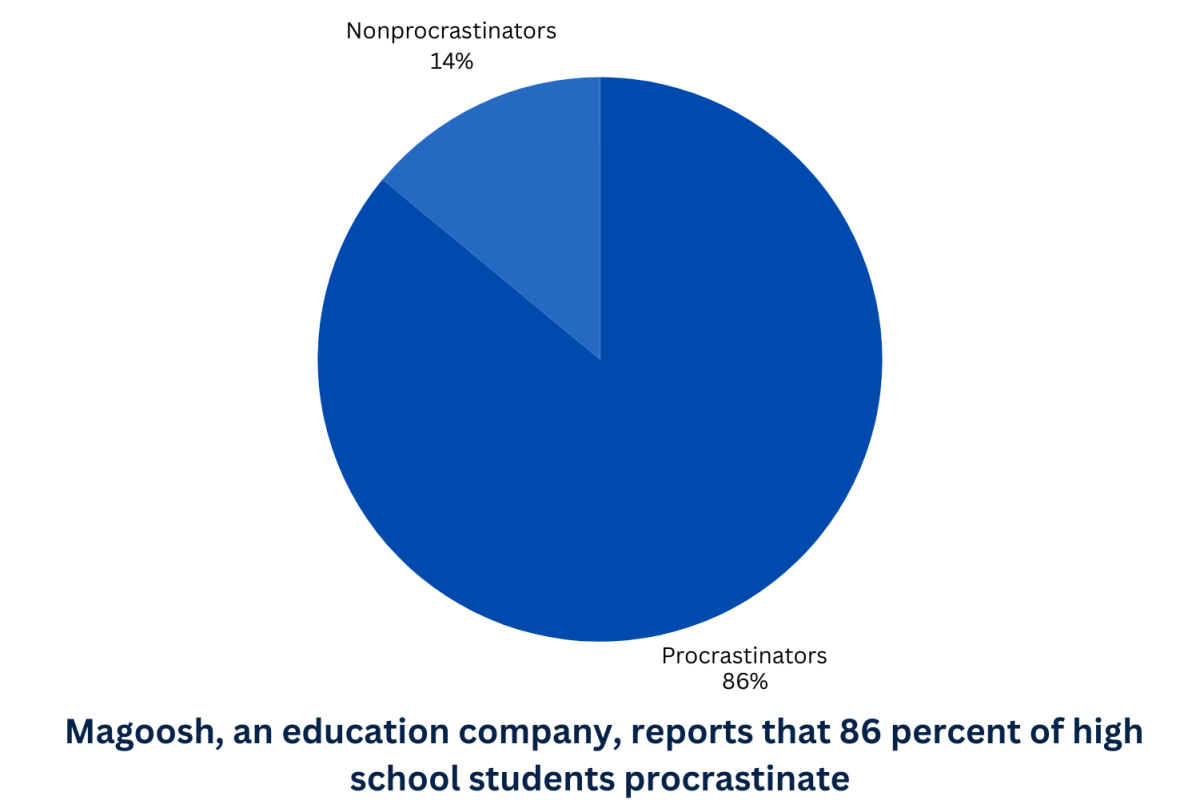
(Rishi Tipparti)
Scroll through your favorite social media app, and you’ll see it: the aesthetic of “eco-conscious living.” Trader Joe’s tote bags hanging like trophies on a wall. A rainbow of Stanley, Hydro Flask, and Owala reusable water bottles displayed like collector’s items. Hauls of beeswax wraps, glass meal prep containers, and bamboo toothbrushes accompanied by captions declaring, “Sustainability is chic!”
But behind the screen of green aesthetics lies a troubling truth: social media sustainability is just another microtrend – more about clout than climate.
The problem? These viral movements rarely tackle the root causes of environmental crises. Instead, they focus on individual action, targeting everyday people while ignoring the overwhelming role that corporations and billionaires play in driving climate change. Numerous studies have repeatedly shown that the top 100 companies are responsible for over 70% of global emissions. Yet, the burden to “save the planet” has been neatly packaged into influencers selling reusable straws and guilt trips to the masses.
Take the reusable water bottle obsession, for example. The premise is admirable: reduce single-use plastics. But how many reusable bottles does one person need? Social media has turned sustainability into a performance, where owning the latest “eco-friendly” product is more about signaling virtue than reducing waste. A cluttered cabinet of water bottles might avoid plastic waste, but manufacturing and shipping these trendy items still leave a carbon footprint. Soon, it’s less about reusing the same Hydroflask or Stanley for water consumption, and more about collecting different styles, colors, accessories, and limited edition versions of these products.
Then there’s the cult of tote bags – the Trader Joe’s tote bags for example. A cotton tote must be used at least 131 times to offset the environmental cost of its production compared to a plastic bag. Yet, tote bags have become an aesthetic symbol, often replacing functional but unfashionable items. Millions of unused totes lay piling up in closets worldwide – their owners oblivious to the irony of their purchase.
What’s most frustrating about this phenomenon is its misdirected focus. By amplifying individual consumer habits, social media absolves corporations of accountability. Activists have long argued that the climate crisis cannot be solved by individuals shopping differently; it requires systemic change. Billionaires flying private jets, fossil fuel companies lobbying against regulations, and fast-fashion brands churning out 52 micro-seasons a year – these are the real culprits, and probably won’t be offset by the use of paper straws anytime soon.
And yet, the algorithms reward content that makes people feel good about themselves. It’s easier to “like” a video of someone replacing Ziplocs with silicone snack bags than to demand stricter environmental laws or hold billionaires accountable for their carbon emissions. After all, a reel about banning private jets wouldn’t look as pretty in your feed.
This isn’t to say individual action is meaningless. Small changes can inspire others, foster mindfulness, and create ripples of impact. But sustainability should never be reduced to an aesthetic or a fleeting trend. Real change demands uncomfortable conversations and collective pressure on the systems that profit from the planet’s destruction.
Social media sustainability might make us feel like we’re doing our part, but it’s a bandage on a bullet wound. Until we shift the narrative from reusable water bottles to dismantling corporate greed, the “green” movement will remain as shallow as an influencer’s tote bag haul – stylish but ultimately empty.







